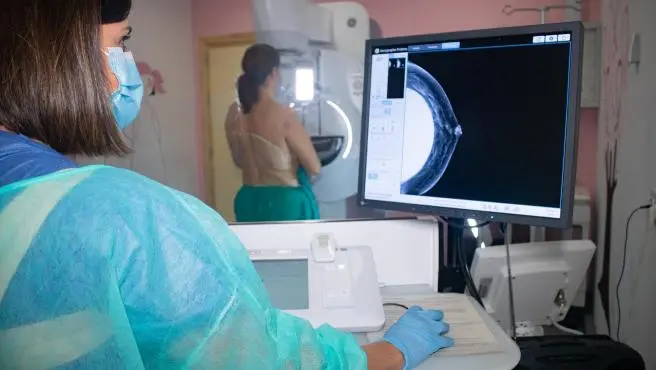Science Writing, EFE.- A team of researchers has identified a “very promising” new therapeutic target to counteract the Cancer HER2-positive breast, in experiments carried out in mice.
Although it is basic research, its managers point out that the improvement of the treatments of this Cancer “it’s closer”. The results are published in the journal PNAS, in an article led by scientists from the University of Montreal (Canada).
In the Cancer HER2-positive breast expresses a gene called HER2 that favors an aggressive form of the disease. The HER2-positive subtype is associated with a poor prognosis, the university notes in a note.
What is life-threatening for most cancer patients is the power of tumor cells to spread and therefore metastasize to other organs, which can interfere with vital body functions.
Increasingly, personalized medicine has raised a lot of hope for patients who express the HER2 gene, but relapses are frequent, according to the same sources. Immunotherapy is an important avenue for treating these drug-resistant patients, but so far with little apparent benefit.
For this reason, researchers are trying to deepen their understanding of the immune environment of tumors and, in this way, better guide treatments.
With this idea in mind, the team of Marie-Anne Goyette and Jean-François Côté studied an important phenomenon in solid tumors called hypoxia.
Hypoxia is manifested by a lack of oxygen caused by rapid tumor growth and leads to metastasis, a weakening of the immune system, and resistance to treatment.
By making tumors more aggressive and reducing the body’s ability to defend itself, hypoxia favors the progression of cancer, which can be fatal for those affected.
In a preclinical model, the team identified a protein called AXL whose action is crucial for hypoxia to occur.
By blocking the action of this protein in the tumor using several novel techniques, the team observed a recovery of blood vessels and a revitalization of the immune environment of the tumor.
Blocking the action of the tumor also reduced its ability to metastasize to other organs.
“It is as if we had succeeded, on the one hand, in breaking down the protective walls of the tumor against the immune system, thus making it more vulnerable to immunological treatments, and, on the other, preventing the tumor from moving elsewhere,” says Goyette.
“We have not only shed light on a central mechanism for how some of the most aggressive tumors work, but by doing so we have also uncovered a way to create an environment conducive to more effective treatments,” Côté concludes.
–
–


